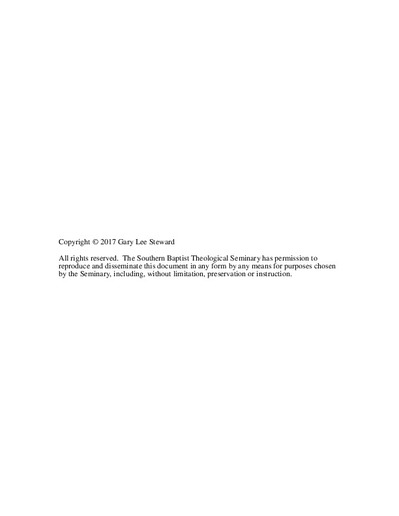Justifying Revolution: The American Clergy's Argument for Political Resistance, 1763-1783
Abstract
The colonial clergymen who justified political resistance to British authorities from 1763 to 1783 did so in continuity with previous justifications of political resistance found within Reformed Protestantism. Clergymen such as Jonathan Mayhew who justified a right of resistance in the eighteenth century did not rely upon new varieties of Enlightenment or Lockean rationalism in formulating their arguments for political resistance. They instead reasserted common arguments found in traditional Protestant views of political resistance. The colonial clergy followed the theological precedents that were found not only in seventeenth-century resistance to Stuart absolutism and but also to the Stuart-imposed government of Edmund Andros over New England. The clergy tended to justify resistance to British policies on the basic grounds of self-defense as conflict with Britain intensified in the mid-1770s. The protests and arguments used by American clergymen were not uniquely American, as the same positions were held by many of the British clergy as well. The American clergy like John Witherspoon supported a final break between Britain and America not because of any newfound theology or philosophy but from a deep desire to conserve the traditional rights and liberties that American Protestants had long enjoyed.

